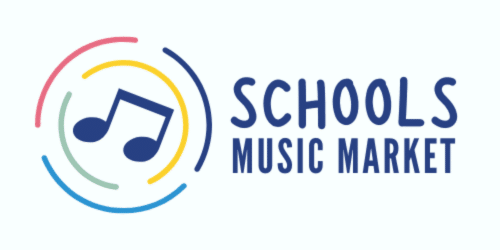Embark on a captivating exploration of the intricate connection between music education and academic success showcasing the benefits of music education. Through a comprehensive analysis of extensive research and compelling case studies, we unveil the multifaceted benefits of music education, delving deep into its positive impact on cognitive development, academic skills, and overall student achievement. Join us as we uncover the compelling evidence showcasing the transformative power of music education on academic performance.
What are the benefits of music education?
Enhancing Cognitive Development and Academic Skills:
The benefits of music education extend far beyond melody and rhythm, actively contributing to cognitive development and academic skills. Robust studies consistently highlight how music education nurtures essential cognitive abilities, including problem-solving, critical thinking, and spatial-temporal skills. These cognitive benefits seamlessly translate into improved academic performance, enhancing language proficiency, mathematical abilities, and reading comprehension. By immersing students in music education, schools provide a fertile ground for cultivating cognitive skills that become integral to their academic success.
Promoting Social-Emotional Well-being:
A cornerstone of the benefits of music education lies in its profound impact on students’ social-emotional well-being. Participation in music programs cultivates essential life skills such as teamwork, self-expression, empathy, and resilience. The collaborative nature of music-making fosters robust social skills and emotional intelligence, creating a positive and conducive learning environment. Beyond academic achievements, the social and emotional benefits of music education play a pivotal role in shaping students’ personal growth, fortifying their mental well-being, and enhancing their overall academic success.
Cultivating Student Engagement and Motivation:
Music education emerges as a powerful catalyst for student engagement and motivation within the educational landscape. The inherently creative and expressive nature of music captures students’ interest, transforming learning into an enjoyable and meaningful experience. By offering hands-on experiences through playing instruments, singing, and composing, music education becomes a conduit for cultivating a deep-seated love for learning. The integration of music education into the curriculum acts as a motivational force, instilling curiosity, passion, and intrinsic motivation among students, resulting in sustained improvements in academic performance.
Improving Academic Performance: Successful Case Studies:
Concrete evidence from successful case studies underscores the direct correlation between music education and improved academic performance. Schools and districts that prioritize music education consistently witness remarkable enhancements across various academic areas. Compelling studies reveal that institutions with comprehensive music education programs boast higher graduation rates and increased academic achievement spanning all subjects. The tangible benefits of music education manifest in improved test scores, heightened critical thinking skills, and an overall upswing in student success.
The undeniable benefits of music education on student academic performance paint a vivid picture. Beyond the realm of melodies and harmonies, music education becomes a catalyst for cognitive development, academic skills, social-emotional well-being, student engagement, and motivation. By seamlessly integrating music education into the curriculum, schools pave the way for a well-rounded education that nurtures students’ holistic development, ensuring a trajectory toward enduring academic success. Embracing music education as an indispensable component of the educational journey unlocks a symphony of benefits, promising a brighter future for all.
For resources to support your music classroom click here to browse the full list.



